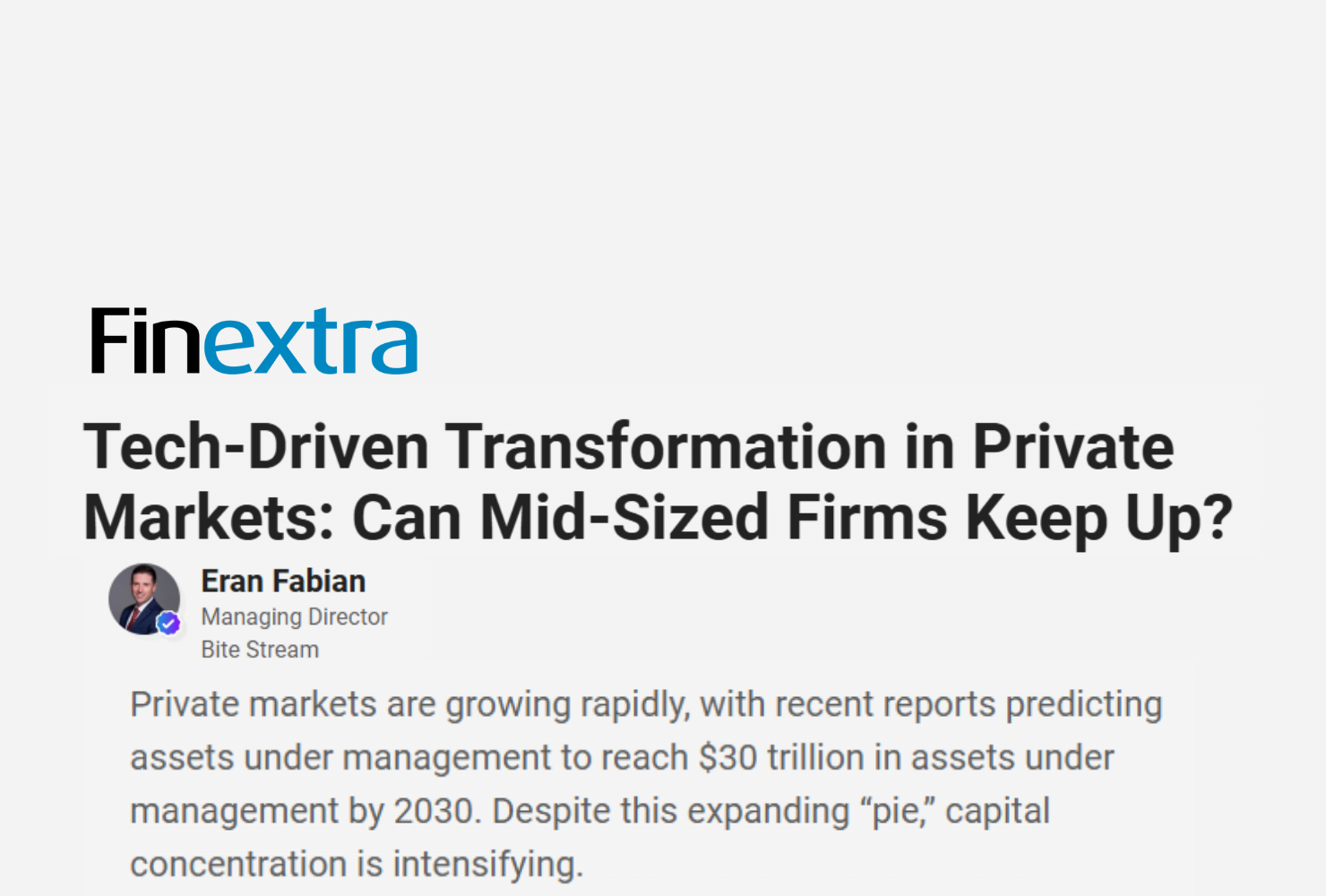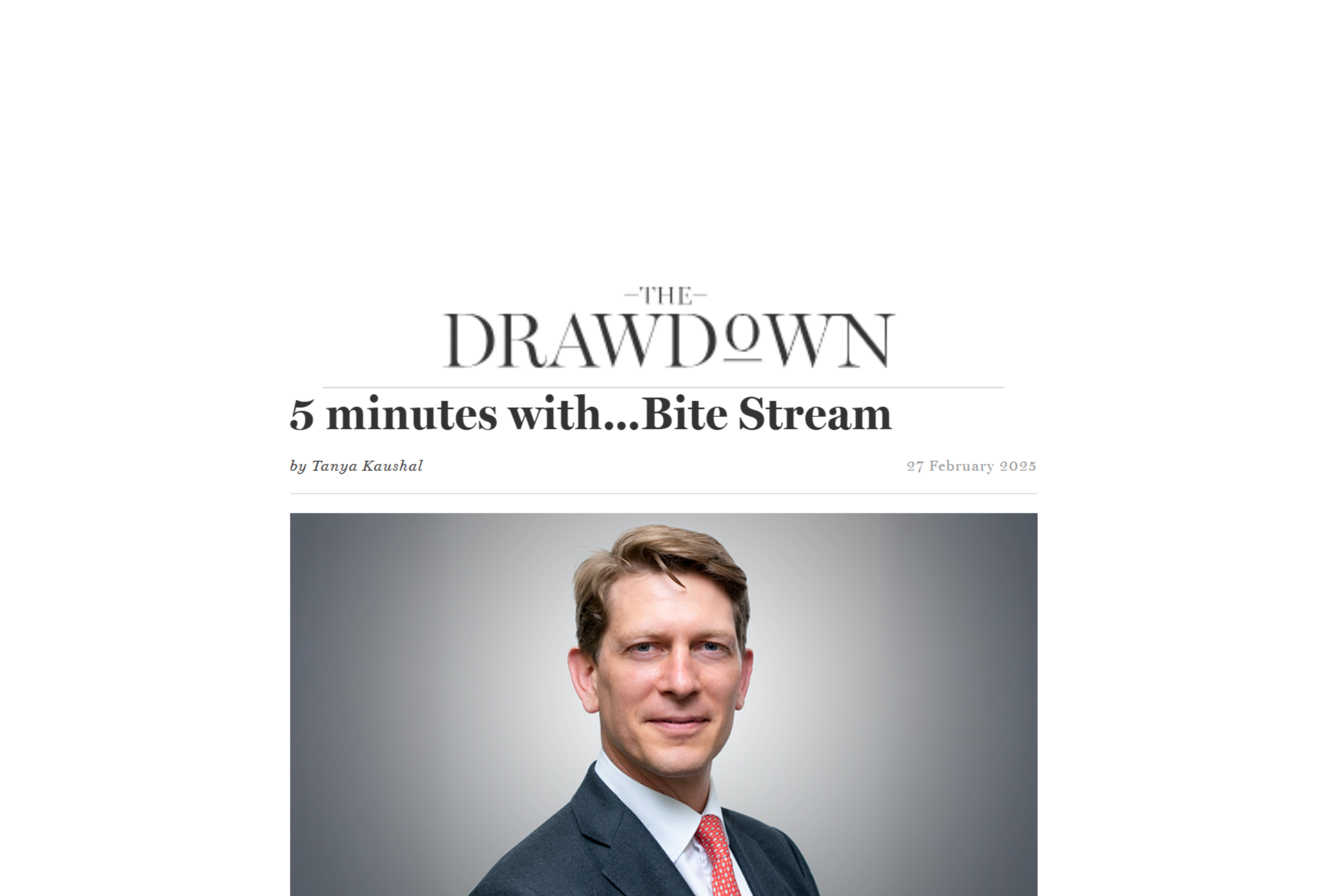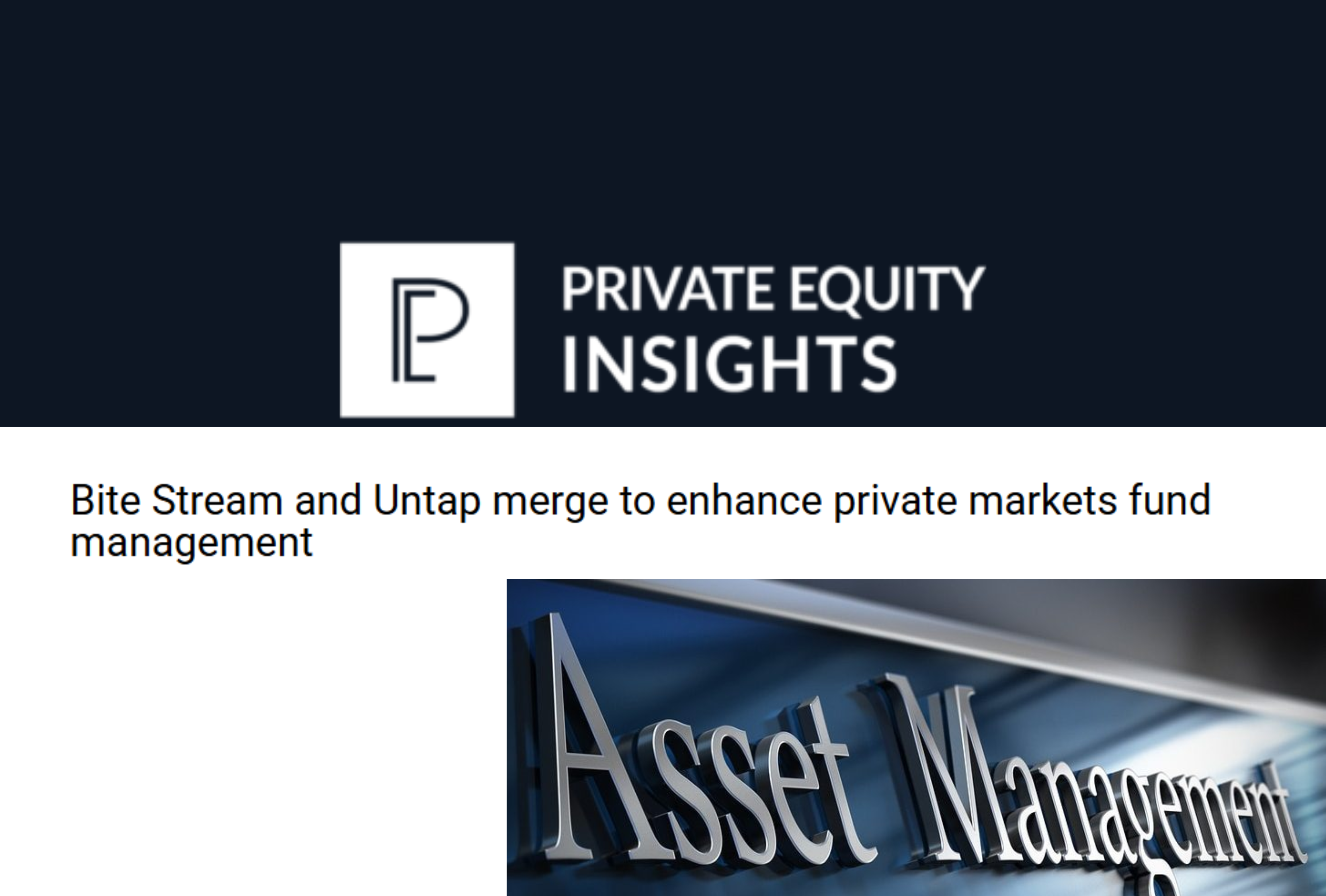The acceleration of the adoption of digital solutions has never been faster in the financial industry. Wealth managers have no option but to upgrade and digitise their operations. The shift to using front-end operations is not only necessary to improve customer experience, but to meet their expectations. The question is no longer why one should shift to using digital solutions, but how far these tools can be leveraged to improve operational efficiency and strengthen the value proposition.
The filing cabinet gave offices a sense of control and granular access by making information visually identifiable. The thinking and memory were outsourced to the cabinet, ready to provide help when needed. The pandemic and working from home proved how this way of sourcing, accessing, and presenting information is no longer viable.
Wealth management getting a digital face
The private wealth management industry has weathered the pandemic better than the global financial crisis of 2008, but many remain concerned about the health of their businesses. Client retention rates have been strained from the steep plunges in value seen at the start of the pandemic and the ongoing volatility in securities markets.
Increasingly though, wealth managers are tackling these threats via improved digital interaction, which many see as helping build or, as may be necessary following the pandemic, rebuild trust with clients.
There is a growing acceptance that digital interaction and platforms improve retention, a major concern, and allow for easier, more convenient onboarding of clients, taking away much of the friction of getting these investors into the more sophisticated investments that they clearly value. Technology is a huge enabler, and digitisation is a trend that will continue and accelerate.
High client expectations
The wealth management industry is facing a large inter-generational wealth transfer, where those taking the reins of family wealth will be expecting a digital 24/7 multi-channel experience, that will be the new norm. As new technology emerges, which other industries are embracing, the same will be expected from players in the wealth space.
Clients expect an end-to-end individualised investment experience, at speed, where know your customer (KYC) and anti-money laundering (AML) requirements can be submitted instantly, followed by the investment steps of requesting allocations and signing subscription documents online without ever having to leave one’s desk. Besides a seamless execution, expectations include product simplicity and transparency, anytime/anywhere/any device access, robust cybersecurity and data protection, more innovative and customised products, reduced fees, and special incentives.1 These rising customer expectations can only be met by digitalisation.
As demographics have favoured younger clients, this has led to a shift in behaviour where clients are now far more comfortable accessing advice and making investment decisions online. Wealth and asset managers must gain greater insights into how they can meet and exceed the digital expectations of this generation. Harnessing technology will ultimately strengthen the human element of wealth management and relationship building.
The race to digital transformation
Digitalisation is getting stronger. Its adoption has been steadily increasing over the past several years. The latest EY Global FinTech report showed that fintech adoption rates over the period from 2015 to 2019 went from 14% to 71% in the United Kingdom, 29% to 67% in Hong Kong, 15% to 67% in Singapore, and 17% to 46% in the United States. There was the highest rate of consumer fintech adoption in the areas of money transfers and payments, which increased from 18% to 75% over this same period. Savings and investments came in next, going from 17% to 48%.2
Other research confirms consumers’ on-going plans to use fintech. Not surprisingly, this varies by generation. For instance, a Roubini ThoughtLab survey found that 53% of millennials (born 1980–1995) indicated their plans to use a fintech versus 23% of baby boomers (born 1946-1964). The survey findings also reported that 68% of asset management firms projected that their firms will have digitally matured by 2022 or even become digital leaders.3 Further evidence of the continued growth of digital transformation was revealed in KPMG’s Pulse of Fintech. It reported that, in 2020 alone, there were 2,860 deals culminating in total global investments in fintechs valued at $105.3 billion.4
The value of tech
Replacing legacy systems with new technology is one of the most significant challenges facing information systems, as compatibility with old data formats, code and systems must be ensured. It is important to look at bespoke solutions, where every pain point can be addressed, and the viability of the proposed project is established collaboratively. The technology’s suitability may be demonstrated by sandbox or trials. Wealth mangers should feel in control of any digitalisation journey and move at a pace that matches risk with reward.
Digitalisation is in wealth managers’ favour if they act in a controlled, proactive, and considered way. By embracing digitalisation, operations will be enhanced, business models transformed and new approaches to distribution created. Gearing up for this is key. Otherwise, competitors will meet and exceed your clients’ needs and expectations.
Digitalisation is the wealth management market’s unfinished business
Henry Reynolds is chief operating officer for Bite, having joined from VCP. Previously Henry worked for TMF Group where he held senior roles, including chief of staff. Before joining TMF, Henry qualified as an accountant at PWC, having spent four years in the British army leaving as a captain. Henry graduated from the University of Bristol.
1 Roubini Thought Lab, “Wealth and Asset Management 2022: The Path to Digital Leadership”, 2017
2 EY, “Global FinTech Adoption Index 2019”
3 Roubini Thought Lab, “Wealth and Asset Management 2022: The Path to Digital Leadership”, 2017
4 KPMG, “Pulse of Fintech”, 2021




